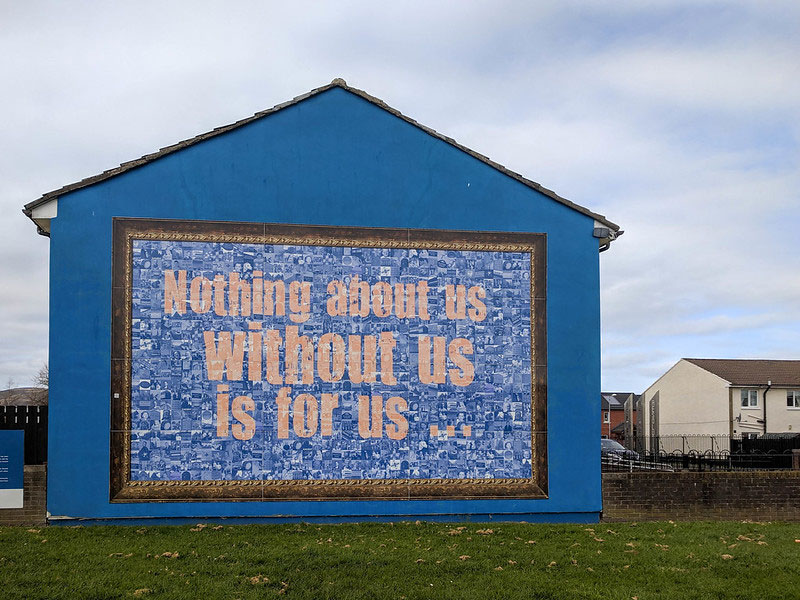Every year, NPQ conducts a survey of its readers, the information from which informs our work in a myriad of ways.
But we do not just survey you. Once we have the results of the survey, which includes a number of open-ended questions, we invite a small group of respondents to our annual editorial advisory board meeting. This is how we determine our editorial charge for the coming year.
We ask not just about how we can improve but also, and more importantly, about what you are experiencing in your work—because it is this experience that informs us and drives us to pursue particular questions. Thus, your issues regarding regulation, or a founder, or a financial snafu repeated ten times by our readers in the survey engender research-based articles that are wildly useful to the whole field of your colleagues, and not just nationally. The article will be used all over the world in academic settings and in trainings. Philanthropy will circulate it. Your concern will have influence.
So it is that time again, and to date we have received around 500 responses to our questionnaire—some from as far away as New Zealand. The big news is, as always, that our readers are smart and insightful. They know what they are looking at in all its complexity and they see the effort it will take to make progress, and they still (enthusiastically) want to take it on. Witness this statement from one of our respondents:
Sign up for our free newsletters
Subscribe to NPQ's newsletters to have our top stories delivered directly to your inbox.
By signing up, you agree to our privacy policy and terms of use, and to receive messages from NPQ and our partners.
“The biggest trend is that power has shifted. The old adage that ‘information is power’ applies; but nonprofits don’t have the information anymore. Everyone has access to the information. Folks can find out about us by searching, reading yelp reviews, monitoring twitter and FB chatter, etc. So they’re often two-thirds down the path towards potential engagement before we even know they exist. This means we have to change our marketing strategies from one-way, outbound monologues that are all about us (how great we are; how great the need is; how much money we need) to inbound, multi-person dialogues.”
This statement was in answer to a question about what you see in your environment as powerful trends and we expected to hear some comments like it, but there four or five different themes coming through that have been surprising to us.
![]()
P.S. If you haven’t already, please share your insights with us and take NPQ‘s survey here!













